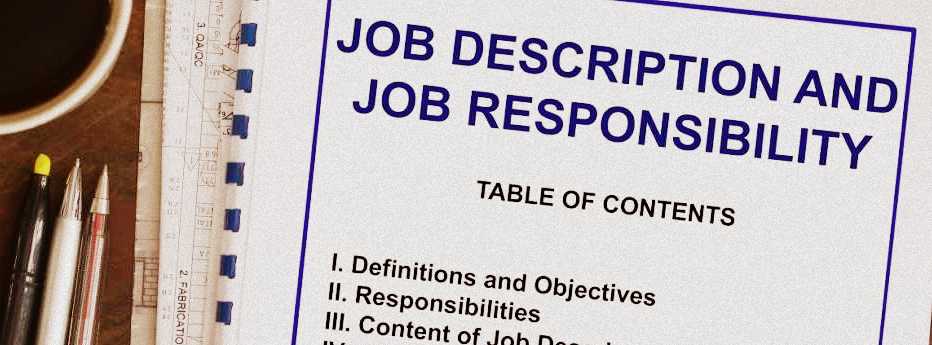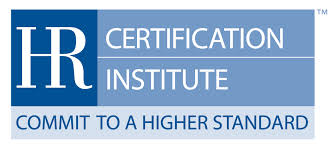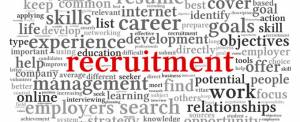This section covers HR interview questions and answers for freshers and experienced.
Before the Interview
Dress the part:
If you don’t own any professional clothing (jeans and t-shirts do not fall into this category, neither do sun dresses), then it’s time to invest in some grown-up clothing. You can still be yourself, you’ll just be a better-dressed version. This is important.
Get there early:
If you’re not sure where the interview location is, go there before the day of the interview, find your parking options and make sure you know the right building or wing. The day of the interview, make sure you leave in plenty of time to get there, not just on time, but early.
Spend some time studying the business:
Most companies have a website with plenty of background information about the founders, company history, company mission statement and so on. Spend an hour or two reading through the company website and do a search for press releases, news items and articles related to the business. Try to figure out where you would fit into the company and what skills you should highlight. Knowledge is power, it also shows you care.
Come with your materials:
Bring along a copy of your resume, any letters of reference and any other type of material, such as a portfolio, appropriate for the job interview. You may not need these, but you’ll be prepared if you do. Also, don’t just bring one copy; often there will be several interviewers and you don’t want to have them share. You might have sent your resume by email, but emails are easily deleted. This is your best chance to get your resume in their hands, in front of their face and on their desk.
Review your resume:
Yes, you think you know it forward and backward, but read it through one more time and think about possible interview questions that might arise. They can’t ask you a question on every point you include but you better be prepared for each, with more than just a story. Prepare for questions on further detail, technical aspects, dates, etc. Also, when you answer try to fit in how it relates to the current position.
Write an elevator pitch:
An elevator pitch is a 30-second blurb about you: who you are, what you offer, what you can bring to the business. It’s self-promotional, yes, and it’s a pain to write one that captures the important stuff without sounding egotistical. You can do it, though, and you should do it. It helps you to focus on your own strengths and skills, which is important.
Practice:
Have a friend, mentor or parent sit down with you for a practice interview. Give them your elevator pitch. Have them ask you some typical interview questions and give your best answer. You can ask for feedback, but it’s more important that you just practice the process of interviewing so that you are more comfortable with it. Familiarity lends comfort. (For more read Sell Your Skills, Not Your Degree.)
During the Interview
Practice common courtesy:
“Yes, sir,” and “Yes, ma’am” are appropriate unless you are instructed otherwise. Don’t interrupt. Shake hands. Pull out those manners and use them.
Maintain good posture:
Stand up straight, walk tall and sit up straight in your chair. Nothing says, “I’m a lazy, apathetic student,” like a slouch. You’re not a lazy, apathetic student and you don’t want people to mistake you for one.
Don’t apologize for your lack of experience:
They saw your resume and everyone is in the same boat. Instead, point out the merits of your education, your personal strengths, the skills you can bring and your drive to succeed. (Also read Top Job-Search Mistakes For Finance Grads.)
Answer questions honestly:
Just don’t lie. Even if there’s something embarrassing or potentially problematic (a failed class, a DUI), when asked, you should answer honestly.
But hold some details:
Stop yourself from laying out every single detail of your family history, extenuating circumstances and personal situation. Nobody needs or wants all the back story and the more you explain yourself, the more defensive you sound. Give the facts as needed and hold the rest for your therapy session. Personal comments are OK, but they want to know if you can do the job and if you will be a safer, better choice than the other students.
Have an “interview personality.”:
If you’re an introvert, pretend to be an extrovert. This doesn’t mean you have to babble or dance or dress in bright colors, it just means that you can adopt an extrovert persona for an hour or so in order to talk about yourself comfortably. Likewise, if you’re an extrovert, don’t babble or dance. Just be sure you’re not letting the interview go to a personal level of relating when you need to keep it professional. (Learn seven tips that can put you on the road to financial-internship bliss, read Land That Internship!.)
Make eye contact:
Making eye contact tells people you are sincere, confident and trustworthy.
Use professional language:
Even if the interviewer uses coarse language, don’t follow suit. Maintain a level of professionalism in how you talk by holding the coarse jokes and expletives. As a student interviewing for a job, you may not be able to bring years of experience to the table, but you do bring ambition, fresh perspective, willingness to work hard and plenty of other valuable assets. Keep that in mind and you can handle yourself with both courtesy and confidence.
After the Interview:
Send a thank you email addressed to the interviewers. It does not have to be long, but it should be grammatically correct. Thank the interviewer for their time and reiterate that you are interested in the opportunity. You might not have felt it, but you were also evaluating the company and interviewing them, so let them know you are still interested.
The Bottom Line:
Being a recent grad on the job market can be daunting, especially if you’ve never had to look for a career before. These tips are sure to give you a leg up against the competition.






